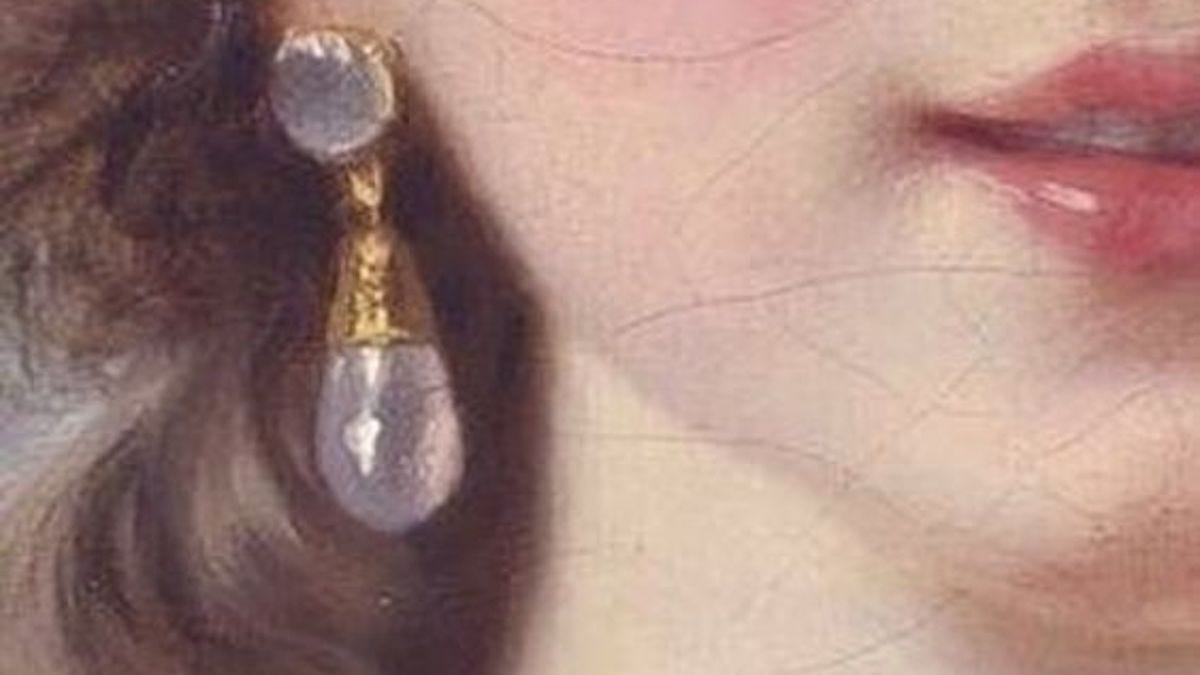This week, literary scholar Laura van der Linden proposes that Anne Brontë’s novel, The Tenant of Wildfell Hall, offers a “refreshing,” “potent” feminism that centers female personhood and virtue ethics.
Virtue and Liberation in The Tenant of Wildfell Hall
Laura van der Linden
Any political project that advocates for women’s rights assumes some prior ontology of the female person as a certain kind of being endowed with particular rights. Brontë’s feminism, like Wollstonecraft’s, is based on an ontology of the human person as a being with the capacity and imperative to grow in virtue. Modern feminism has tended to de-emphasise these fundamental considerations of personhood and ontology, but, given their pivotal position in a philosophy of rights and responsibilities, they are worth returning to. Brontë’s novel, written from a paradigm of virtue-based human ontology, provides a timely opportunity to refine twenty-first-century ideas about feminism and freedom by reconsidering foundational concepts like personhood and responsibility.
This Week in Sex-Realist Feminism: Snapchat and Sextortion, Musk's Dead-End Polygamy, and AI-Generated Porn
This week: Katherine Dee on Snapchat and sextortion, Lyman Stone and Brad Wilcox on why Elon Musk's high tech polygamy is a dead end, and Stephanie M. Murray on Aella's most controversial tweet. Plus: double standards of surrogacy, gender-critical women and empathy, human after all, newborn bonuses and family policy—and more!
From the Archives:
Interested in more feminist readings of classic literature? Suzanne Beecher reads Anna Karenina in light of Edith Stein’s philosophy of woman.
Strength and Surrender: What Anna Karenina and Edith Stein Teach Us About Womanhood
Suzanne Beecher
“A paragon of the woman striving for happiness at any cost, Anna Karenina embodies both the codependent mistress and the self-determined, culture-defying woman. Anna’s fate underscores what is lacking in the contemporary approach to women’s liberation.”






